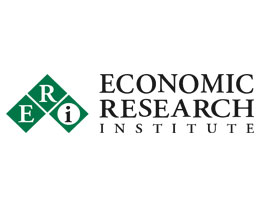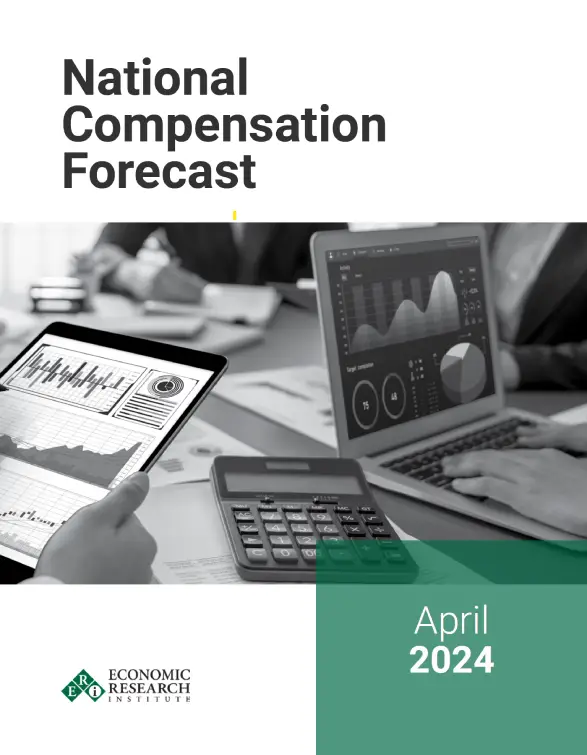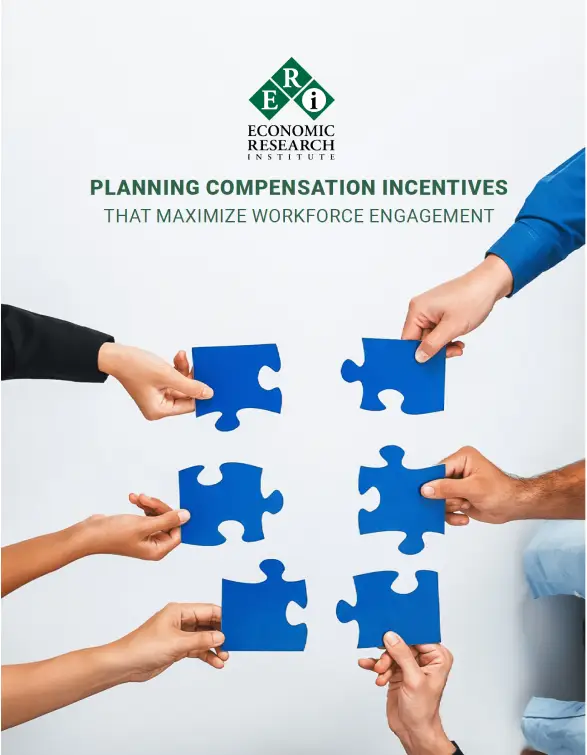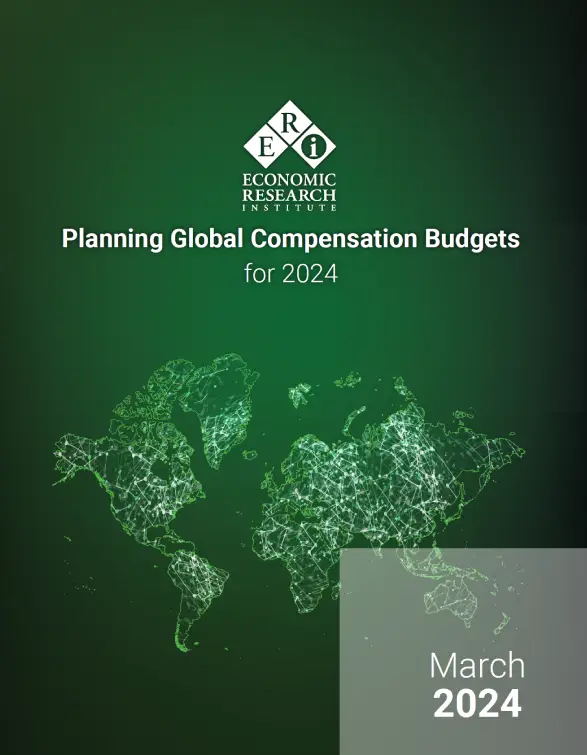The results were a long time coming from the IRS report on colleges and universities (the questionnaires were sent out in 2008), but all nonprofits should take a look at the final report issued last week. The IRS states that it has “identified some significant issues…that may well be present elsewhere across the tax-exempt sector,” including unrelated-business ventures, and “the importance of using appropriate comparability data when setting compensation.”
The IRS sent out questionnaires to 400 randomly-selected tax-exempt colleges and universities and then selected 34 of them for more detailed examination because their questionnaire responses and Form 990 reporting indicated potential noncompliance in the areas of unrelated business income and executive compensation. A lot of problems were uncovered in those examinations.
Unrelated Business Income – or Losses?
What made the headlines is 180 plus errors in reporting revenue or losses on business income from activities not related to academic mission of the 34 colleges, most often because of recreation or fitness centers, sports camps, facility rentals, and golf courses. The IRS disallowed losses on 75 percent of returns examined, more than $170 million in losses, which could amount to more than $60 million in assessed taxes.
IRS Director of Exempt Organizations Lois Lerner said many organizations incorrectly reported losses on unrelated business income from activities that were never meant to turn a profit. If losses from an activity are reported for many years, this indicates a lack of profit motive, and unrelated business losses cannot be used to avoid paying taxes.
Failure to Use Comparable Compensation Data and Report Accurately
Among the private colleges that were audited, nearly 20 percent failed to follow tax rules requiring them to compare the compensation of their top employees to that of similar officials at appropriate peer institutions. Most colleges attempted to conduct such comparisons, the report says, but they relied on figures from the wrong kind of institution or didn’t consider whether the salary comparison included other kinds of compensation.
The IRS also looked at employment tax returns for about a third of the colleges and universities examined, and all resulted in adjustments in wages of about $36 million, leading to assessment of taxes and penalties of over $7 million.
Implications of the Report for All Nonprofits
While the IRS is careful to say that these results are from a group of organizations in which noncompliance was expected to be found, the findings also indicate areas of particular concern not only for all colleges and universities but also for all nonprofits. These include the following:
- Unrelated business income, especially if there are recurring losses. Be careful to accurately allocate organization expenses to these activities.
- Executive compensation documentation. Use appropriate comparability data when setting compensation. This is not hard to obtain from Forms 990 from similar organizations. Check out ERI’s Nonprofit Comparables Assessor for easy to use affordable data accepted – and in fact used – by the IRS (they hold multiple licenses).
- Employment tax returns. Report compensation accurately on employment tax returns and on the Form 990 – the IRS now checks to see that these two sources match.



